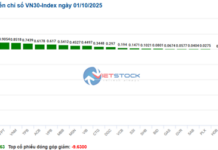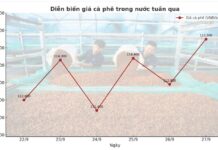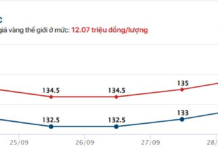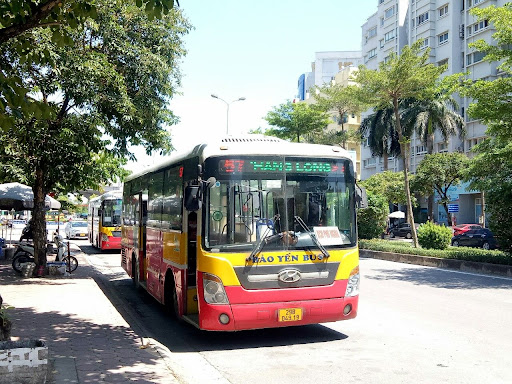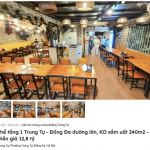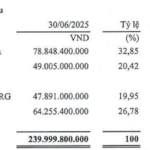Hanoi’s Bus Fleet to Go All-Electric
At COP26, Vietnam committed to achieving net-zero emissions by 2050. This is no easy feat, and to make it happen, Vietnam will need to plan and act on several initiatives.
One of the priorities is to green the public transport system. As per the plan, Hanoi and Ho Chi Minh City will transition their public bus fleets to eco-friendly vehicles.
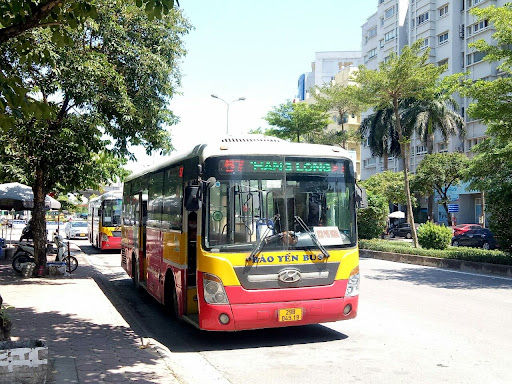
Illustration
In Hanoi, the Action Program on Green Energy Transition, Carbon and Methane Emissions Reduction in the Transport Sector has been approved. For urban transport, the program aims to gradually convert public buses to electric buses.
Consequently, all new and replacement buses from 2025 will be electric or use green energy; from 2030, at least 50% of vehicles will be electric or green energy-powered, and all new and replacement taxis will be electric or green energy-powered. By 2050, all buses and taxis must be electric or green energy-powered.
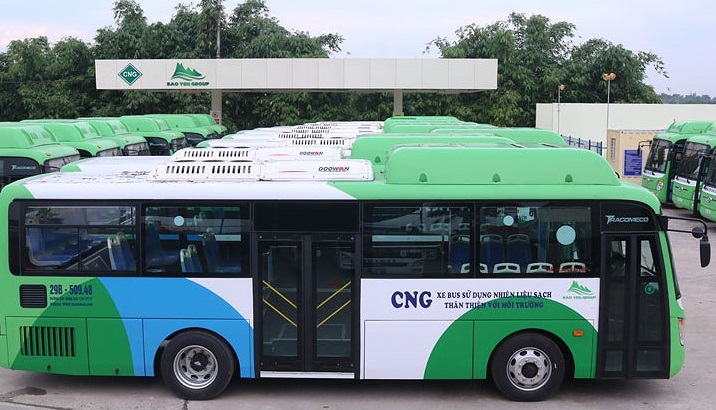
Hanoi has had 3 CNG bus routes since 2018.
According to Mr. Thai Ho Phuong, Director of the Center for Public Transport Management and Operation (under the Hanoi Department of Transport), 100% of Hanoi’s buses can be converted to electric buses from 2040.
More specifically, the transition will follow 3 proposed scenarios:
– Scenario 1: 100% electric buses, equivalent to 2,433 vehicles after conversion
– Scenario 2: 70% electric buses and 30% LNG or CNG buses, equivalent to 2,212 vehicles after conversion (including 1,592 electric buses and 620 LNG/CNG buses)
– Scenario 3: 50% electric buses and 50% LNG/CNG buses, equivalent to 2,076 vehicles after conversion (including 1,100 electric buses and 976 LNG/CNG buses)
Depending on the actual situation, the city is proposing to implement Scenario 3, move to Scenario 2 when conditions permit, and after 2040, implement Scenario 1.
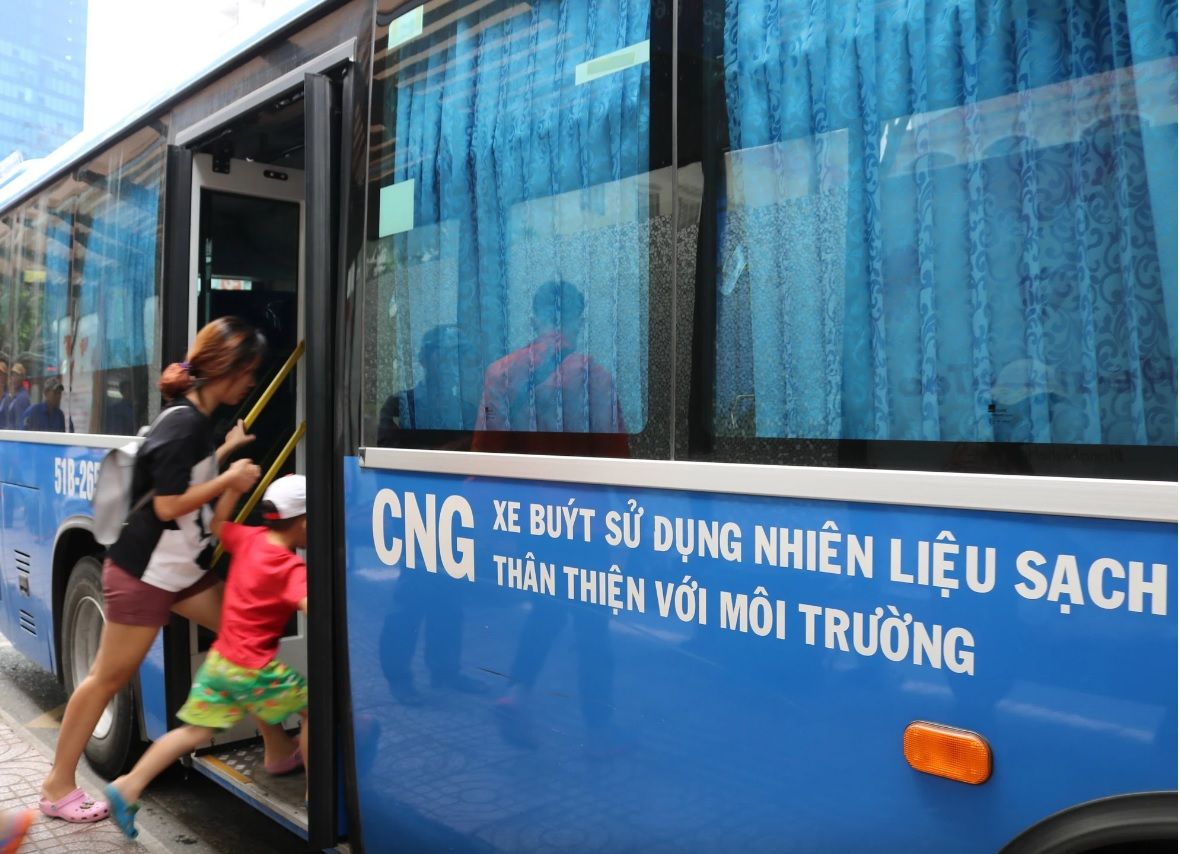
Green buses in Ho Chi Minh City.
In Ho Chi Minh City, from 2025 to 2029, converting buses to electric buses will be a priority. However, the city also identifies that it can invest in CNG buses during the transition to electric buses for routes currently in operation.
Nevertheless, the transition should aim for a target that, from 2030 onwards, all buses in Ho Chi Minh City will be green energy-powered.
Currently, Ho Chi Minh City has 2,209 buses on 120 routes, including 546 green buses (including electric and CNG buses), 581 buses less than 8 years old, and 1,628 buses over 8 years old. Thus, green buses account for nearly 25% of the city’s fleet.
This information was provided by Mr. Le Hoan, Deputy Director of the Ho Chi Minh City Public Transport Management Center.
Charging Stations: One of the Challenges to Overcome
However, to implement this plan, the city needs to consider various solutions to make it a reality.
Among them, investment capital is considered one of the critical issues, as the cost of investing in green vehicles is quite high: one green energy bus costs the same as 2.4 diesel buses. Not to mention that when switching to alternative energy vehicles, the city will also need to consider the infrastructure for charging/fueling stations and the energy supply strategy.
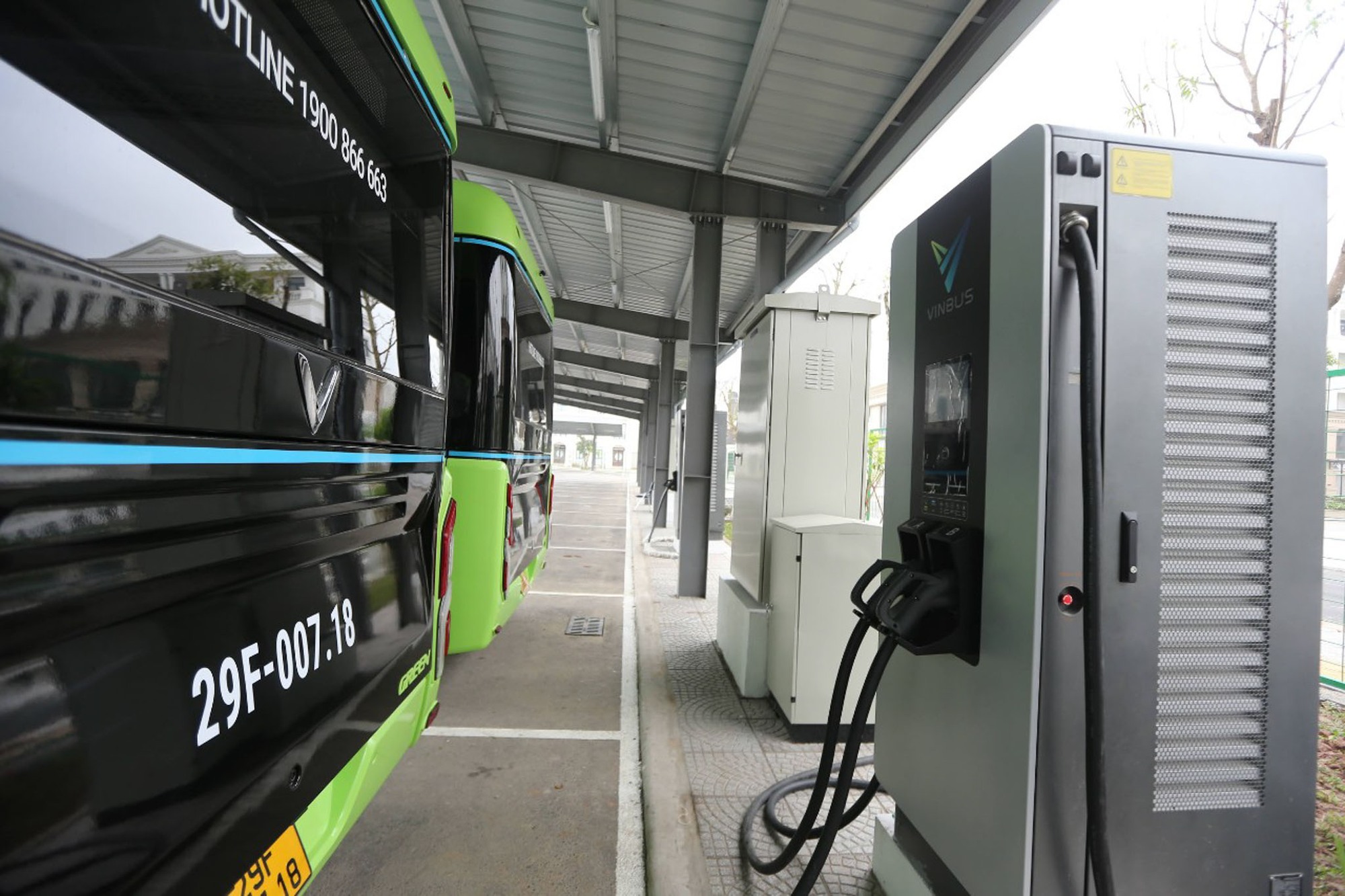
Vinbus is the only operator with charging stations for electric buses in Hanoi.
According to Mr. Nguyen Hoang Hai, Vice Chairman of the Hanoi Public Passenger Transport Association, the development of green buses faces three obstacles: policies, resources for vehicle conversion, and infrastructure.
If switching to electric buses, the power sector’s infrastructure planning for electric vehicles also needs to be included in the overall plan to ensure it meets the demands of this system and other personal vehicles.
Currently, Hanoi has only 2 dedicated charging stations for electric buses, both located at Vinbus depots and serving the company’s vehicles. Vinbus’ stations have 32 and 39 charging piles, respectively, with capacities ranging from 120 kWh to 150 kWh, supplied by StarCharge.
Vinbus is also the only and largest electric bus operator in Hanoi. The company operates 10 routes in Hanoi, using buses manufactured by VinFast. Vinbus’ electric buses can accommodate up to 67 passengers (28 seats and 39 handholds for standing passengers); they can travel up to 260 km with a 281 kWh battery pack and can be fully charged in 2 hours at the company’s stations.
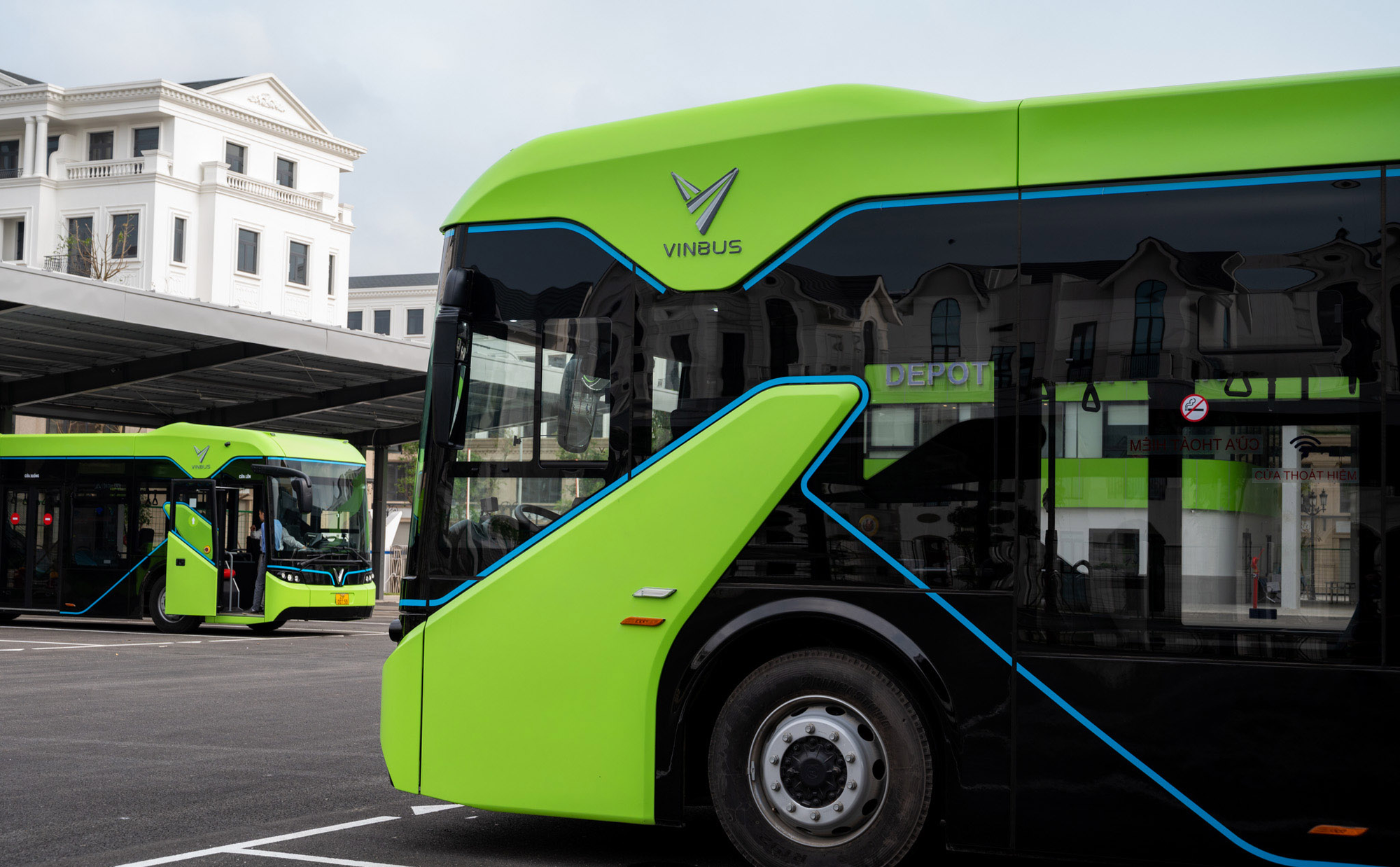
Electric buses operated by Vinbus.
At present, Hanoi has 1,905 subsidized buses, including 139 CNG buses, 142 electric buses, and over 1,200 buses certified to Euro 4 standards or higher.
Hanoi to reclaim over 2,600 hectares of agricultural land in two districts
The plan for land use in 2024 for Hoang Mai district and Dong Anh district has just been approved by the city of Hanoi. As a result, a total area of over 2,600ha of agricultural land is expected to be reclaimed by these two units within the year.
Hanoi’s Update on the Delayed 1.000 billion VND Hospital Project
To address the challenges faced by investors, the Hanoi People’s Committee has instructed the Long Bien People’s Committee and the Department of Natural Resources and Environment to resolve any obstacles that arise during the implementation of the Thang Long 1,000-Year Oncology and Plastic Surgery Hospital project.
A 3km road in the heart of Hanoi passing through a series of major projects, connecting Vingroup’s planned projects and Nam Cuong’s mega urban area, will be opened to traffic in the next 2 months.
Le Quang Dao Street, stretching over 2.6 kilometers, is located between Thang Long Boulevard and Ring Road 3.5. Currently under construction, it is set to be completed and opened for traffic on April 1st.

